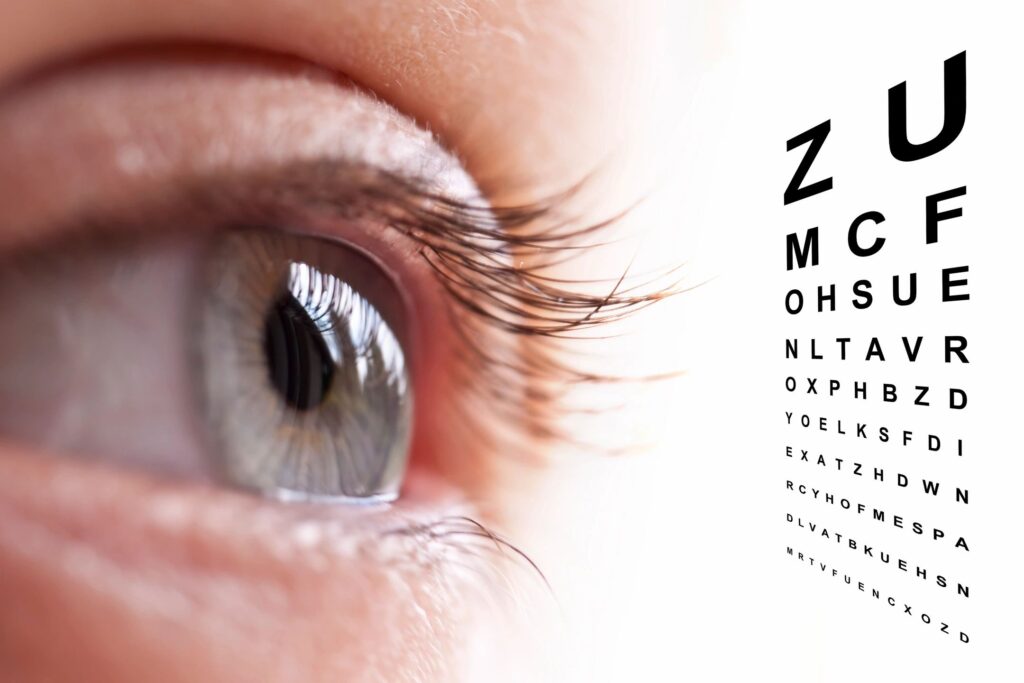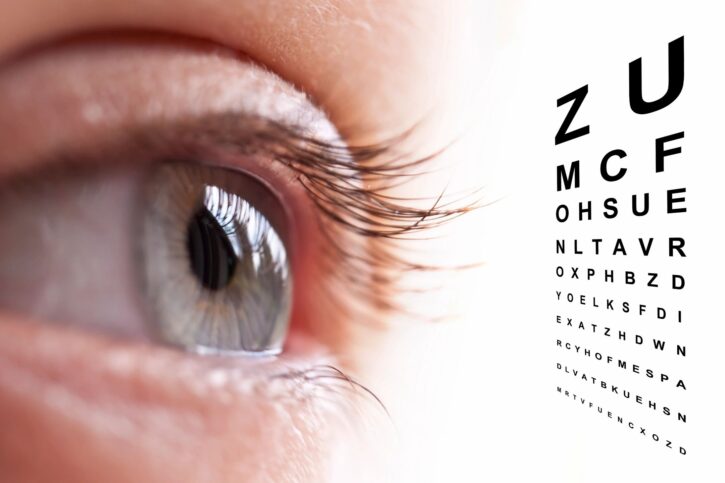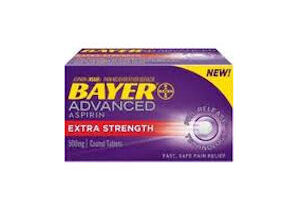
What Are The Most Common Eye Problems That Can Affect Your Vision?
Which of your senses is the most valuable? This is a question that is almost impossible to answer – after all, you use them all as much as each other in most cases. However, your eyesight is something that, if you lost it, your entire life would have to change, and that’s a frightening thought. Although you might not consider it more important than your hearing, for example, it is certainly the sense that, if it were to be gone one day, you would have to make some huge adjustments, and those changes could be very difficult to deal with.
It’s important, therefore, to understand a little more about eye health and how to spot when something might be wrong. With that in mind, here are some of the most common eye problems that can affect your vision; if you experience any of these issues, it’s crucial you see an expert as soon as possible. Read on to find out more.
Cataracts
Many people think that cataracts – if they think about them at all – are something that only affects older people and that it’s an inevitable part of aging. The truth is that cataracts can affect anyone of any age since they can come about after an accident or injury, as well as general eye deterioration, and they are not something that every older person has to deal with. That means it’s vital you are aware of what they are and what to do about them.
A cataract will make the lens of your eye turn a milky color, and your system will be affected; if you don’t have your cataracts treated through an operation or new cataract lenses, which is a much quicker procedure, you could lose your eyesight permanently.
Refractive Errors
One of the most usual reasons for issues with vision is refractive errors. This means that although light does pass through your eye, there are problems when it does so, meaning that the information of what you are seeing may not reach the brain in the right way. This might be due to the shape of your cornea, how old your lenses are, or even how long your eyeball itself is. When there are refractive errors, you will be long-sighted or short-sighted, or you might develop astigmatism.
All of these conditions can be addressed, however. You could wear corrective eyeglasses, contact lenses, or you might choose to have laser eye surgery to correct the issue. These errors should not cause too many problems in the rest of your life as long as you get regular checkups from an ophthalmologist.
Floaters
Have you ever noticed spots in your vision? Or perhaps they present at long black strings? If so, these are called ‘floaters’ and are mostly nothing to be concerned about. Many people experience them. They are made up of protein and float – as the name suggests – in the vitreous (the jelly-like substance) of your eye.
Not a lot can be done to remove these floaters, and although they might be annoying when you focus on them, they generally won’t cause issues with your ability to see, and because they are there permanently, over time, you’ll stop noticing them at all.










This was very interesting to read! I do not have eye problems, but my oldest daughter has terrible eyesight.